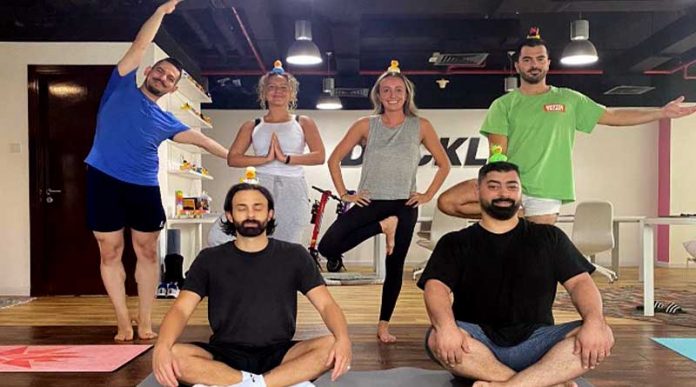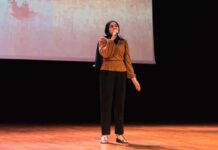
In the world’s hub for business, UAE entrepreneurs make sure that no one is left behind
By Jana Aljamal
Dubai-based entrepreneur and Chief Executive Officer of Duck Life, Christian Eid, said “I have paid for my school fees, my registration for my company fees, acquiring resources—all these things I have paid for. One thing that I have not paid for is my privilege.”
In this sentence, Eid defined the essence of “conscious capitalism.”
Conscious capitalism is a social and political philosophy that proposes that the private sector can achieve socially and environmentally optimum goods. The philosophy acknowledges the ramifications of capitalism on social equality and the environment, and subsequently, aims to mediate its effects. However, conscious capitalism does not call for the “end of capitalism” per se, but rather, developing ethical practices in businesses to serve all stakeholders including, employees, humanity and the environment—not just shareholders and higher-management.
Recently, the United Arab Emirates market has witnessed a surge in conscious capitalism cooperatives that are becoming aware of the social and political implications of their work. From small Instagram businesses such as @coffeeclock.ae to large well-developed business such as Talabat, entrepreneurs are giving back to their communities through cash donations, recycling or sharing a meal to end global hunger. Yet one experiment with conscious capitalism seems to stand out for its commitment and creativity is the Dubai-based marketing agency, Duck Life.
Duck Life is a boutique advisory that works on brand development, customer experience and growth objectives for its clients while maintaining a positive impact. The company shares a single value, which entails that making money and having a positive impact are not mutually exclusive. In fact, they believe that generating profit is necessary for development and being able to help others, said Eid.
Although achieving conscious capitalism might seem easy in theory, there is no doubt that businesses need to find creative business models to be able to sustain themselves. In the case of Duck Life, the company donates five percent of its revenue—not profit—to the United Nations Higher Commissioner for Refugees cash program, said Eid. Since the five percent is deducted from the overall revenue, sometimes the company loses money, Eid added.
In addition, Duck Life has recently launched its own brand of high-quality, genderless t-shirts and accessories where 25 percent of all revenue goes to the UNHCR cash program. So far, Duck Life single-handedly supports 305 refugee families. To the average entrepreneur, donating almost 30 percent of your business revenue might not be a commitment you are willing to take, but Eid insists that the moment he becomes unable to pay for his “privilege,” he would rather close the business.
Therefore, when the Profit and Loss algorithm forecasts that the company’s revenue reserves are going to drop, the company implements a salary cut to sustain the business. According to the Creative Director Urjowan Aljamal, higher-level management and leadership receive the highest salary cuts, while lower-level positions receive the least or no cuts.
Yet, conscious capitalism is not only about charity and giving back, but it is also about creating an equal and healthy environment for the employees. One of the most pending issues of the 21st century is women equality in the workplace.
As a creative director, Aljamal is the head of her department. As a woman she works with her male counterparts and subordinates daily. Unlike many women today, Aljamal said that she does not “even feel like there is ‘women and men’ at work.” At Duck Life, all employees have created a culture of free communication and expression, she added. Aljamal said that the agency does not only ensure women’s rights, but leadership also hosts yoga sessions to maintain their employees’ mental health and pays a carbon tax to remain environmentally conscious.
Although conscious capitalism cooperatives are taking extraordinary measures to create change, one cannot help but wonder if these measures are effective. Eid said that this cannot be an individual effort and “the region has a long way to go.”
Even though they sustain 305 refugee families, Eid admits that conscious capitalism is not effective at this stage. Yet, he believes that businesses in the region are in their initial stages, and there is potential for development.

















